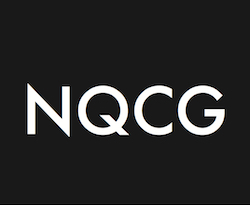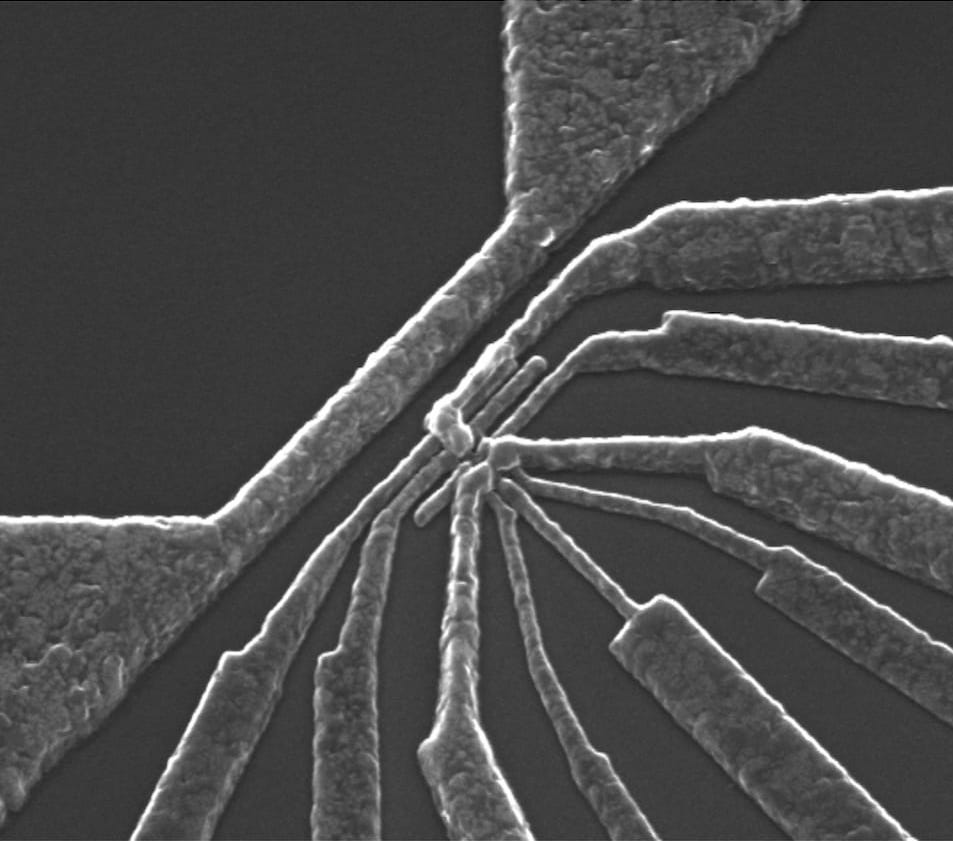Intelligence on Nanotechnology
Nanotechnology involves creating or using materials or processes at the nanoscale, approximately one to one hundred nanometers in at least one dimension.
Growth associated with the manufacture of nano-enabled products is conservatively expected to be in the several billion dollars range on an annual basis. Significant societal benefits being realized by advancements in energy, medicine, electronics, information technology, consumer products, and industrial applications of nanotechnology.
The diversity in nanotechnology drives many challenges. This diversity includes the fact that nanotechnology has many stakeholders and priorities, involves many industries and applications and belonging emerging risks. As this diversity is imbedded throughout broad aspects of nanotechnology, developing a systematic ontology framework for nanotechnology becomes critical if this enabling technology is to be truly realized, controlled and regulated.
Few industries will not be affected by the influence of nanotechnology. It is about new ways of making things. It promises more for less: smaller, cheaper, lighter and faster devices with greater functionality, using less raw material and consuming less energy. Faster computers, biocompatible materials, surface coatings, catalysts, sensors, telecommunications, magnetic materials and devices, are just some examples of where nanotechnology has been embraced.
Nanotechnology is expected to revitalize the traditional industries, creating new revenues and new markets. Nanotechnology requires integration of a variety of disciplines such as: chemistry, physics, mechanics, materials, electronic and measurement technologies. In terms of applications, the near term impact is expected to be in traditional industries. In the long run, the major impact will come from the forefront nanotechnologies, which will enable orders of magnitude breakthroughs in the performance of products.
Back to top
 Image Courtesy A. Dzurak, University of New South Wales
Image Courtesy A. Dzurak, University of New South Wales